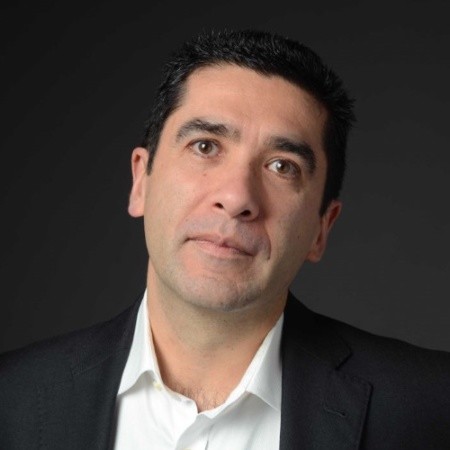WALTHAM, Mass.–PerkinElmer announced that its Horizon Discovery CHOSOURCE™ CHO-K1GS knockout cell line licensed by Trinomab Biotech. Co., Ltd., of Guangzhou, China was used to help produce and bring to clinical trial the world’s first, fully native human monoclonal neutralizing antibody (mAb) drug candidate to fight tetanus toxin.
Officially approved by the Australian Therapeutic Goods Administration (TGA) and Human Research Ethics Committee (HREC), the phase I clinical trial in Australia is expected to be completed in August 2021. Leveraging Horizon’s CHOSOURCE cell line, which includes a gene-edited Glutamine Synthetase (“GS”) knockout Chinese Hamster Ovary (CHO) K1 cell line and well-established GS expression system, Trinomab was able to get its drug candidate from DNA sequence to clinical manufacturing more quickly and easily.
Trinomab Biotech explained: “Since implementing the CHOSOURCE CHO-K1 knockout cell line in our drug development workflow in March 2019, we have been able to hit the ground running and develop this mAb drug candidate against different diseases including the first in-human mAb in phase I trial in Australia against tetanus toxin. These efforts have shown how easy and effective the Horizon cell line was to implement and adapt to our processes. We are pleased with the results and continue to build our drug pipeline using the CHOSOURCE CHO-K1 cell line.”
“We are delighted that the CHOSOURCE cell line has been part of Trinomab’s pioneering efforts to combat disease and are pleased to be working with other organizations in China and around the globe to move drug science and new therapeutic candidates forward,” commented Jesús Zurdo, Global Head Bioproduction in PerkinElmer’s Horizon business.
The CHOSOURCE platform, designed for pharmaceutical, biotechnology and biosimilar companies of all sizes, is recognized by the industry and regulators as optimized for high yield bioproduction and is licensed by more than 80 organizations globally. More than nine biotherapeutics expressed in these cell lines, including Trinomab’s, have progressed to investigational new drug (IND) filings.


